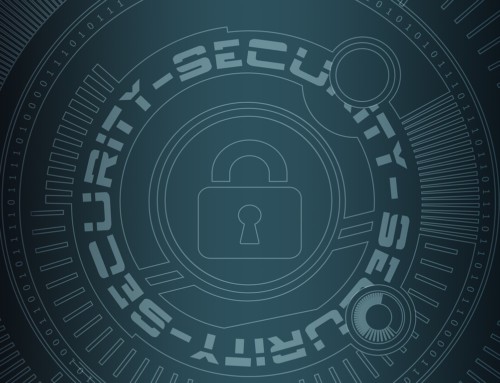The future of our digital lives is jeopardized by the uncertainty over privacy. The internet may seem pervasive right now, but with advancements in space technology, chip miniaturization, and the internet of things, the platform has a lot more potential for expansion than we previously anticipated.
As the net grows and millions of new users log on over the coming decades, how private can data truly be? Digital privacy is already under threat. Although privacy is accepted as a fundamental human right, governments can’t seem to resist the temptation for added surveillance and a terrified populace can’t seem to firmly demand or adequately protect itself.
With this in mind, experts have come up with five possible themes for the future of online privacy:
Data is the new oil
There’s no doubt the internet thrives on personal data. From Google to Facebook, some of the largest companies in the world rely on this intangible commodity that users have been too willing to part with. As data replaces oil as the new premium commodity, governments and corporations could get more aggressive in their pursuit of information about people’s lives. With recent leaks it is already apparent that tech companies spy on internet activity and are sometimes compelled to give this information to the authorities.
Expanded surveillance
Another major threat that can erode internet privacy is expanded surveillance. Governments don’t need much excuse to implement new tools and sophisticated legislation that enables mass surveillance. The ongoing threat of terrorism seems to be lever that pushes public opinion and makes this sort of expansion possible even in democracies.
Off-grid safe haven
Experts argue that privacy will be depleted online. In the coming decades or even years, the only way to protect privacy could be to store data offline or offshore. This, however, will remain a luxury few can afford.
A gentle slide
The most likely scenario for online privacy is a gentle slide into a world where data is collected without consequence and every organization with the means can spy on internet activity with impunity. Users and the electorate struggle to understand the need for data protection or the tools needed to protect it. This makes it easy to slowly erode this human right without a backlash from the public.
A sudden clampdown
Another scenario involves a sudden and comprehensive clampdown on the internet by the government. Despite laws protecting privacy and net neutrality, the state retains the power to sudden block the internet and implement a firewall for all online activity. China and Turkey have already grappled with this sort of clampdown and considering the tone of the Trump administration, this isn’t a peril western democracy is immune to.
Planning Ahead
The only solution seems to be users protecting their privacy individually by taking matters into their own hand. Offshore data storage, two-factor verification, and advanced encryption can help lock down private information and ensure data gets to only those it is intended for.





Leave A Comment